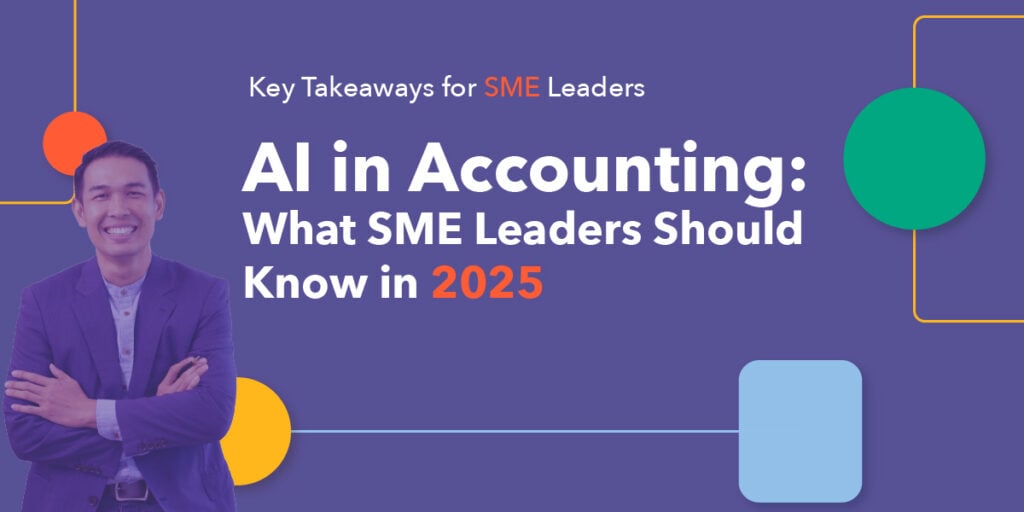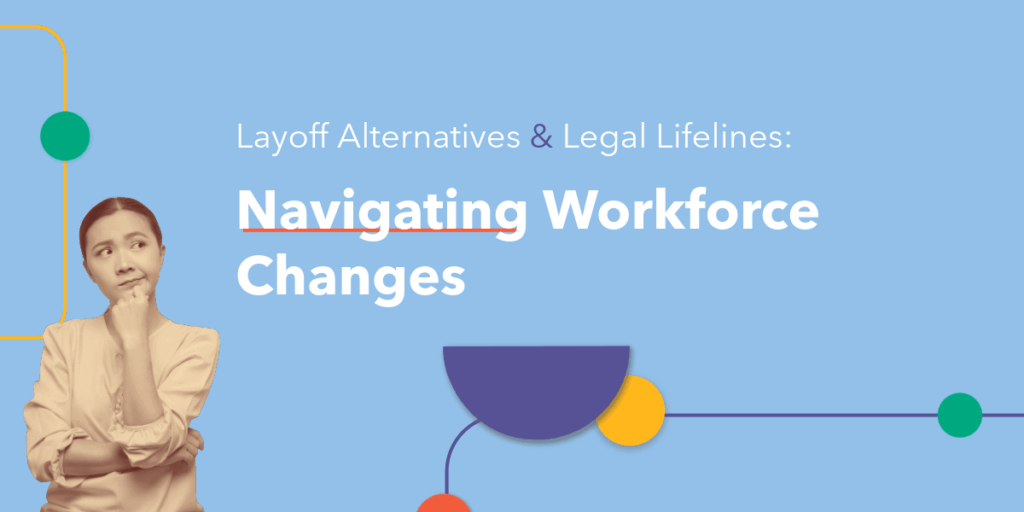Our Bookkeeping team shares some Small Business Bookkeeping errors they see in the Small Businesses they work with, sharing how to avoid them and when you might be going down the wrong path.
When someone starts a business, they’re likely making a jump into something they’re passionate about, hoping for a chance to make a living off it. Once the jump has been made though, is it as easy as it conceptually sounds? ‘Not really’ is the answer; a business gets more complicated with time. Businesses grow, client bases expand, and soon the owner is discovering the need for bookkeepers and accountants, administrators, specialists, human resources staff, and more. The reality of running a business, while not always what fueled the initial passion, is inevitable.
There is one function in that list, bookkeeping and accounting, that is vital to a business’s financial stability. Without money circulating through, there can be no business. In small businesses, the execution of bookkeeping/accounting often ends up operating in a grey area, between administration and human resources. To the business owner, they might not see an issue with this role overlap, but it does expose the business to inefficient practices and common small business bookkeeping errors due to lack of expertise.
So to clear up the grey areas and help SMEs avoid scope creep issue, we asked our Cloud Based Accounting team for common Small Business Bookkeeping errors about the role of a finance team, from the eyes of our Cloud Accounting Experts.
Bookkeeping Vs Administration
Bookkeeping and administration are two important roles within a business, and when you’re financially constrained there is a business case for lumping the two roles together. Both roles can be done successfully by an individual in the early stages of a business’s life cycle, however as things grow and get more complex, the roles start to go opposite ways.
While an administrator might excel at data entry and basic bookkeeping functions, as a business grows and takes on more clients, the role becomes more complex as there is more room for error. While an administrator is probably used to the process of filing reports and expense claims, they’ll likely have no formal training in the bookkeeping sphere, resulting in a business being set back without a bookkeeper’s valued insight. A bookkeeper can reduce risk of error while also having the time and knowledge to identify trends and make observations on financial data. Rather than continuing to throw finances at your administrative team, you’re better off hiring or outsourcing a bookkeeper, especially one who is tech-savvy.
Bookkeepers’ vs Financial Controllers/CFO’s
The titles may appear similar in name, yet there are key distinctions you should make between the role of a bookkeeper vs a financial controller or a CFO. While a bookkeeper might be able to rise through the ranks to the role of a controller, both functions should not be done by the same person.
Bookkeeper Vs A Financial Controller
We can think of the differences through the scope of their tasks. A bookkeeper is focused on the day-to-day financial operations of your business, processing transactions, sales receipts, financial disbursements, etc. Their focus is mostly on the past. They’re there to ensure accuracy and to share internal financial statements with upper management. While you can encourage them to have a strategic focus, the job is mostly day to day. This role can be done by an internal employee or outsourced.
A financial controller would be the one receiving the data from the bookkeeping team. Their focus is both past and present finances. They’re the one in charge of your bookkeeping department and internal controls, with the bookkeepers reporting to them. They would be the ones interpreting the data to make strategic forecasts, meeting with external partners including lawyers and banks, and speaking to upper management about internal finances.
A CFO is the strategic mind, working with the board to make strategic, data-based decisions about the future of the company, opportunities to grow, and risk assessment. Their job is future focused, actively making updates to financial forecasts and constantly looking for growth opportunities and areas of risk. Companies that do not have the resources for a CFO (if you’re a small business, this is likely) can outsource the role through part time advisors or virtual CFO’s, which you can inquire about right here at Business Sherpa Group!
Executive Services at Business Sherpa Group
Bookkeeping and HR
Bookkeeping and Human Resources (HR) are alike, but the relationship is more of a symbiotic one. HR is much more people focused than bookkeeping, which operates more on the backend. The skills your bookkeeper has are not going to give them an advantage if you place them in an HR department. Thus, it is best to separate the two roles and identify where they come together. Both these roles can be outsourced to meet an SMEs needs.
There are lots of areas where these two functions work together. Payroll being the most predominant place where we see the overlap. When your business hires someone, you’re likely going to have deal with both HR and Finance to coordinate things like determining compensation and benefit packages right through to onboarding,
A good way to think about it is HR Administers and manages the people and Finance Processes the information to ensure payroll and tax deductions are accurate and compliant. It is important for both departments to have somewhat of an understanding of each other given the close relationship. With some financial knowledge, HR professionals can become better at workforce oversight, can use economics to justify policy , and can help to lay out how HR practices impact ROI.
Conclusion
The financial functions of any business, no matter the size, are going to be complex. That’s why careful consideration and concise roles are important to establish financial oversight and control, and to give people places to report information to. Dividing financial oversight into roles that focus on day-to-day operations vs long term trends can help your business scale for the future and avoid possible setbacks due to miscalculation or exhaustion working in a role that is outside their expertise.
If you need both an HR and bookkeeping professional, first off, congratulations on the pace at which your business is scaling! Second, we understand the financial constraints that come with both. If you want to know which would be best to outsource, we can sit down to have a discussion.










